The proposed trip is an annual mission to Malindi, Kenya carried out by the Vanderbilt Department of Otolaryngology - Head & Neck Surgery, led by Dr. James Netterville. The aim of the trip is primarily two-fold: to deliver excellent head and neck surgical care to the local community, and to actively participate in the education of surgical trainees in Kenya. These trainees include medical students, otolaryngology residents, and otolaryngology fellows from surrounding areas/countries. Operations are conducted in tandem with local attending head and neck surgeons that have been active participants in this educational mission for numerous years, and who provide full time surgical care to our host community. Chief among our vision is generating sustained, high-impact clinical and educational change in the treatment of otolaryngologic conditions with a focus on cancers of the head and neck. We aim realize this vision through culturally competent teaching partnerships, thorough pre- and post-trip preparation, and long-term planning to assist in the establishment of a Head and Neck Surgical Oncology Fellowship based in Malindi.
My role as a current otolaryngology resident at Vanderbilt will be dynamic. I will engage in the pre- and postoperative care of surgical patients including appropriate work up, family discussions, and hands on post-surgical recovery. I will be directing efforts on child hearing screenings and an ultrasound curriculum for the surgical trainees. Lastly, I aim to contribute to the global healthy literature by publishing on our joint efforts with our host community in hopes of spreading information on our work and its impact.
Primary stakeholders for our recurring project are patients (both current and future), and the otolaryngology providers in Malindi, Kenya. The patients, who are plagued by an array of head and neck pathology including benign and malignant neoplasms of the head and neck, thyroid disease, and salivary gland disease seek to receive high quality and compassionate surgical and post-surgical care by a team that they trust without having to travel. By channeling much focus and resource into equipping the local ENT surgeons with the skills to provide said high level surgical care with their own equipment and existing healthcare frameworks, we aspire to establish a system that ultimately persists in our absence.
The decision to travel to Malindi was made jointly between our institution and need expressed by the otolaryngology providers in Kenya. Numerous surgical and peri-surgical specialists from Vanderbilt have long been traveling to Kijabe, Kenya with similar aims. With the help of such projects, Kijabe now has well-established local otolaryngology care, including a functioning Head and Neck Surgical Oncology fellowship program. With that, Malindi remained one of the Kenyan communities in a functional otolarynologic desert. This was the primary driver for selecting it as a host community, and we have been traveling there yearly for over 7 years now.
Effective goals require objective measures. From a surgical standpoint, we expect to perform upwards of 60 major operations (inpatient admissions, cases lasting over 3 hours) and over 100 minor operations/procedures for patients living in the greater Malindi area. As stated above, our team's role in these operations is two-fold. We provide capable hands and human capital to push the work forward in a safe and effective manner. Most importantly however, we prioritize the surgical education of the Kenyan residents and attending surgeons so that the level of care remains standardized after our departure.
This year, we intend to expand our impact in the clinical and teaching settings through numerous efforts. We will have team members work with the local health care officers and in the local schools to conduct hearing screenings and aid in diagnostic work up for children with hearing disorders. Secondly, we will conduct a formalized ultrasound curriculum for the Kenyan surgical trainees to further develop their skills in diagnostic imaging and procedural competence. Ultrasound is a relatively inexpensive and low maintenance technology that stand to provide longitudinal impact in our host community. Thus, we have applied for and received funds for 5 ultrasound machines to be donated on this year's trip.
Lastly, we expect that our project will have a notable lasting impact on the US participants. By participating in a thoughtful medical mission with sustainability at its core, we believe that participants will gain valuable insight into the importance of providing context appropriate medical care, exercising cultural competence, and working to foster relationships built on integrity and trust.
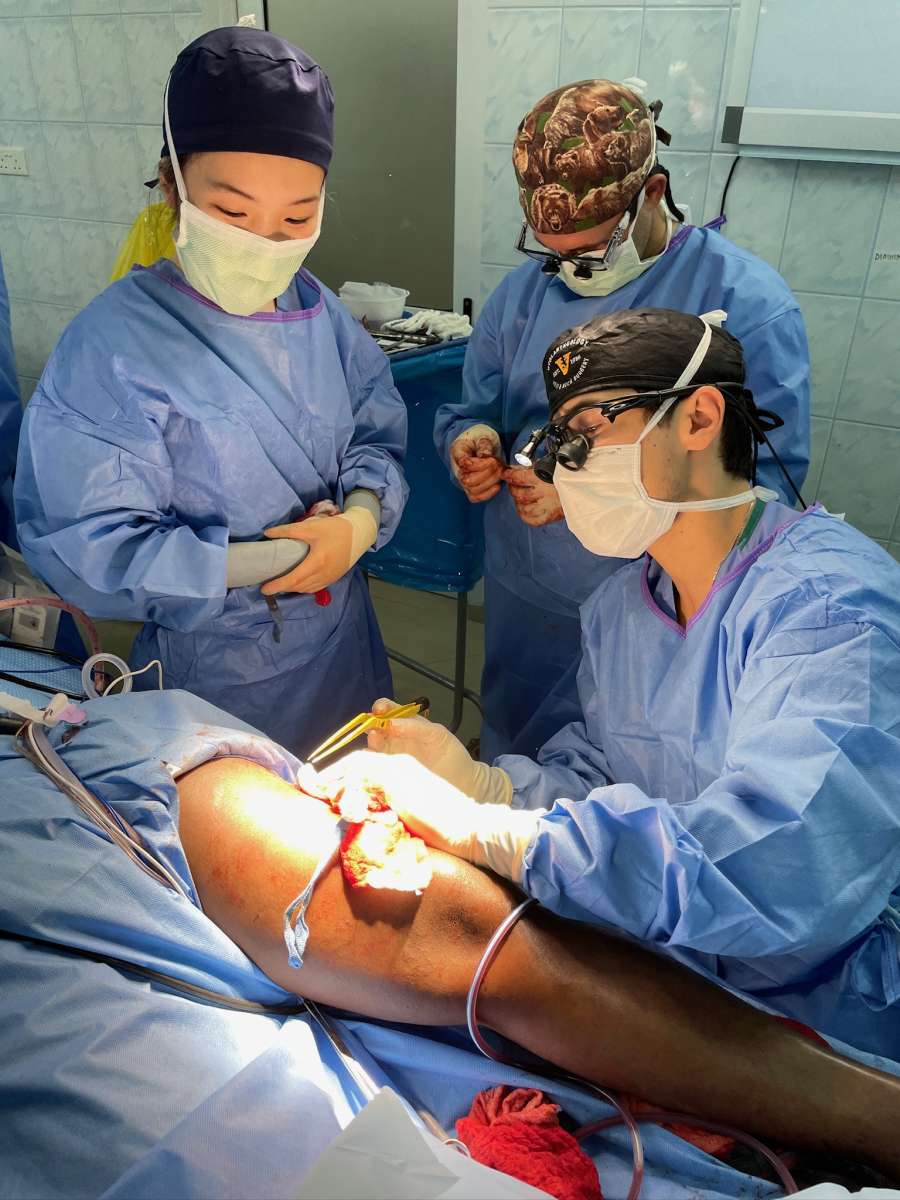

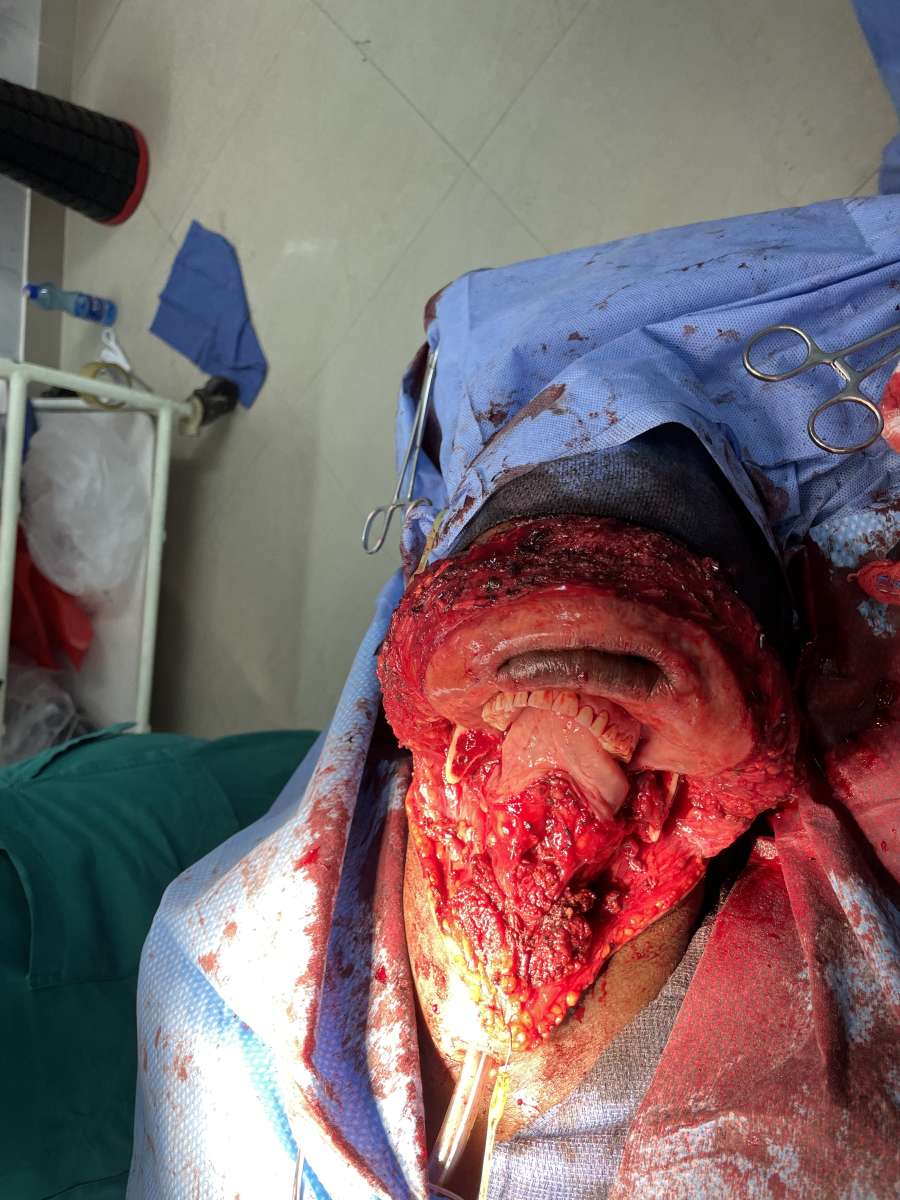


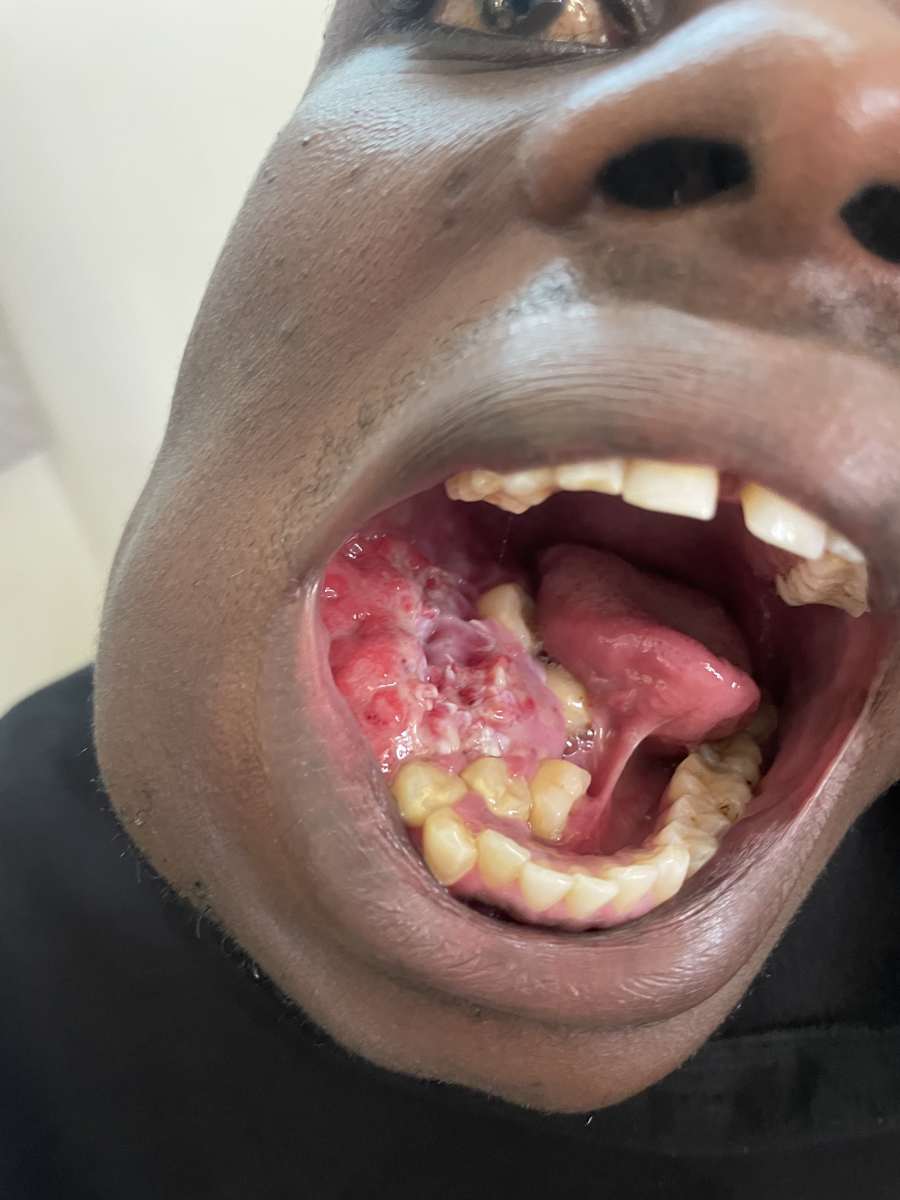
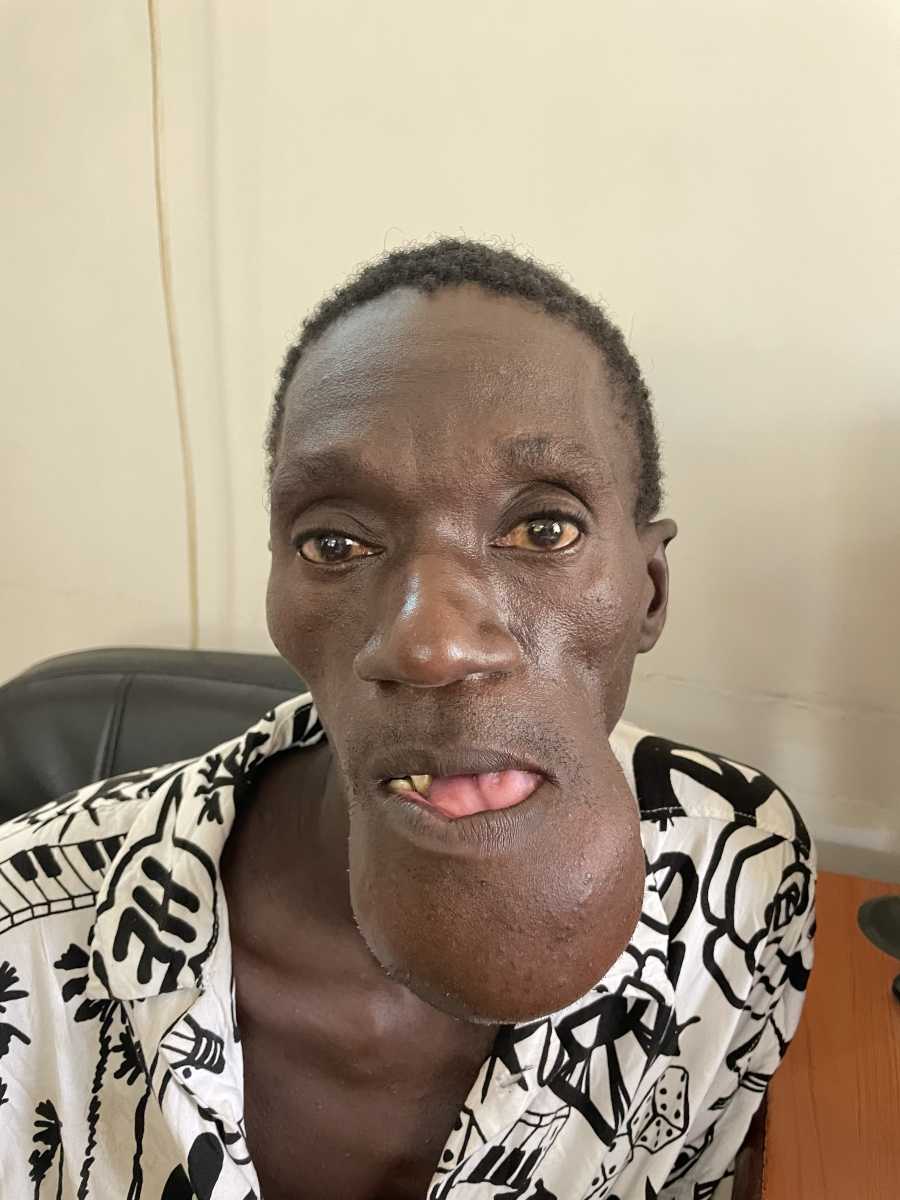

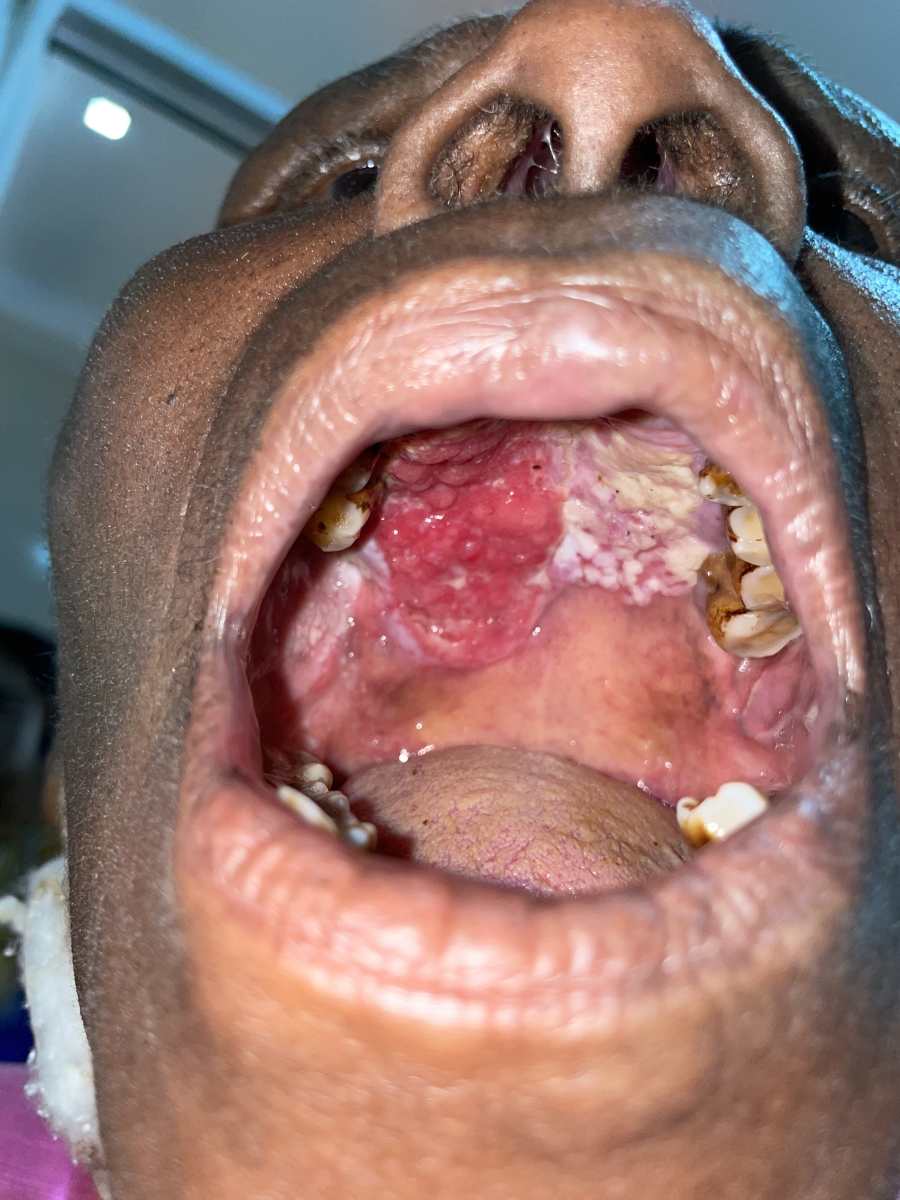









We traveled to the quaint but remote coastal town of Malindi, Kenya for two weeks. During that time, we had 10 full operative days, completed 60 surgeries (including 7 free flaps), and over 30 awake procedures. This year, compared to prior, we were able to offer surgery to nearly every patient that needed surgery on a more urgent basis. We turned very few patients away, and these patients are kept on a list that will be prioritized on next year's trip.
The primary focus of our trip was to engage Kenyan head and neck surgeons (attendings, residents) in educational surgery using techniques and equipment that they will have access to in our absence. Over a dozen Kenyan surgeons attended the camp and based on a well-designed research survey, they found their experience fruitful and practice-changing.